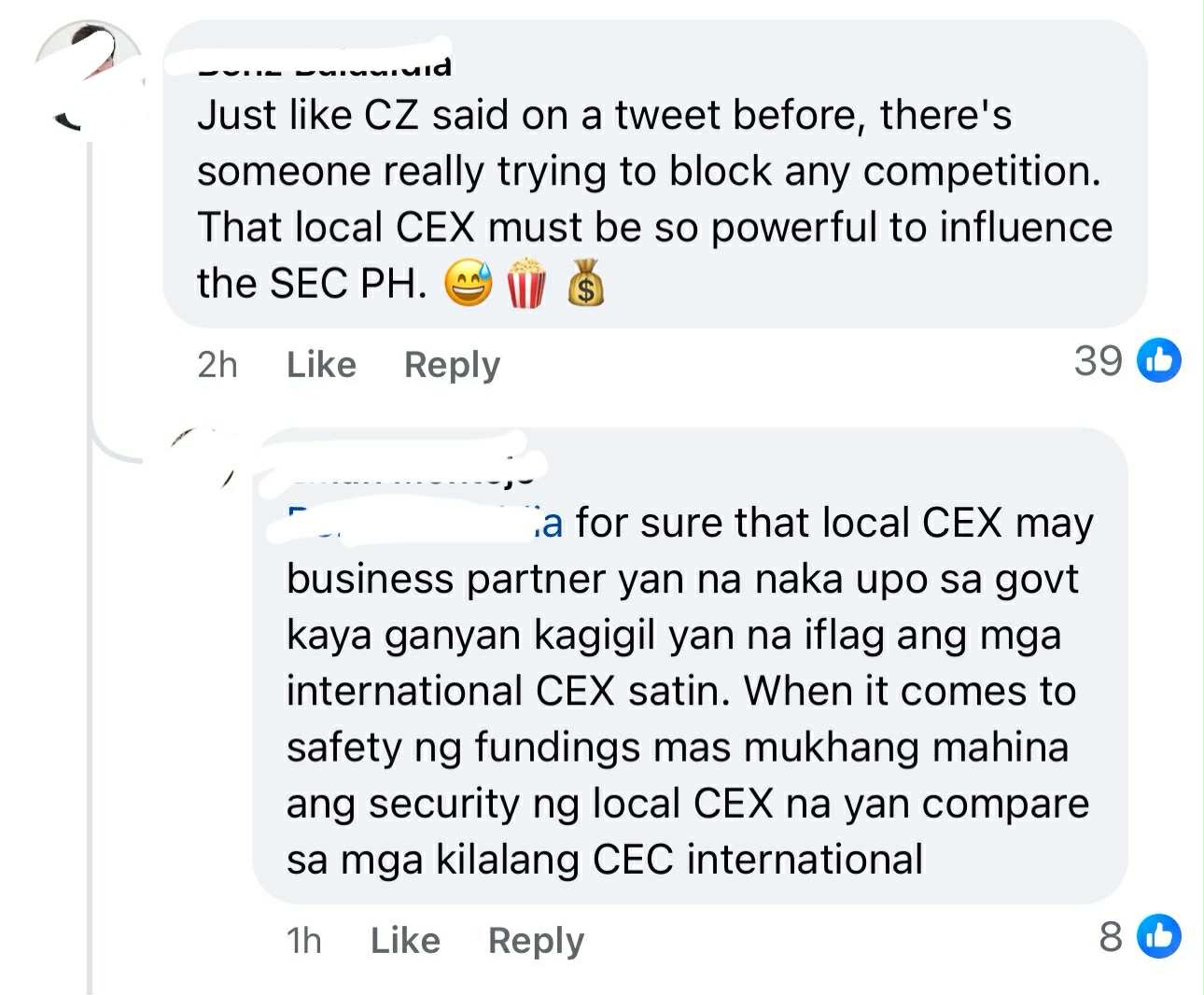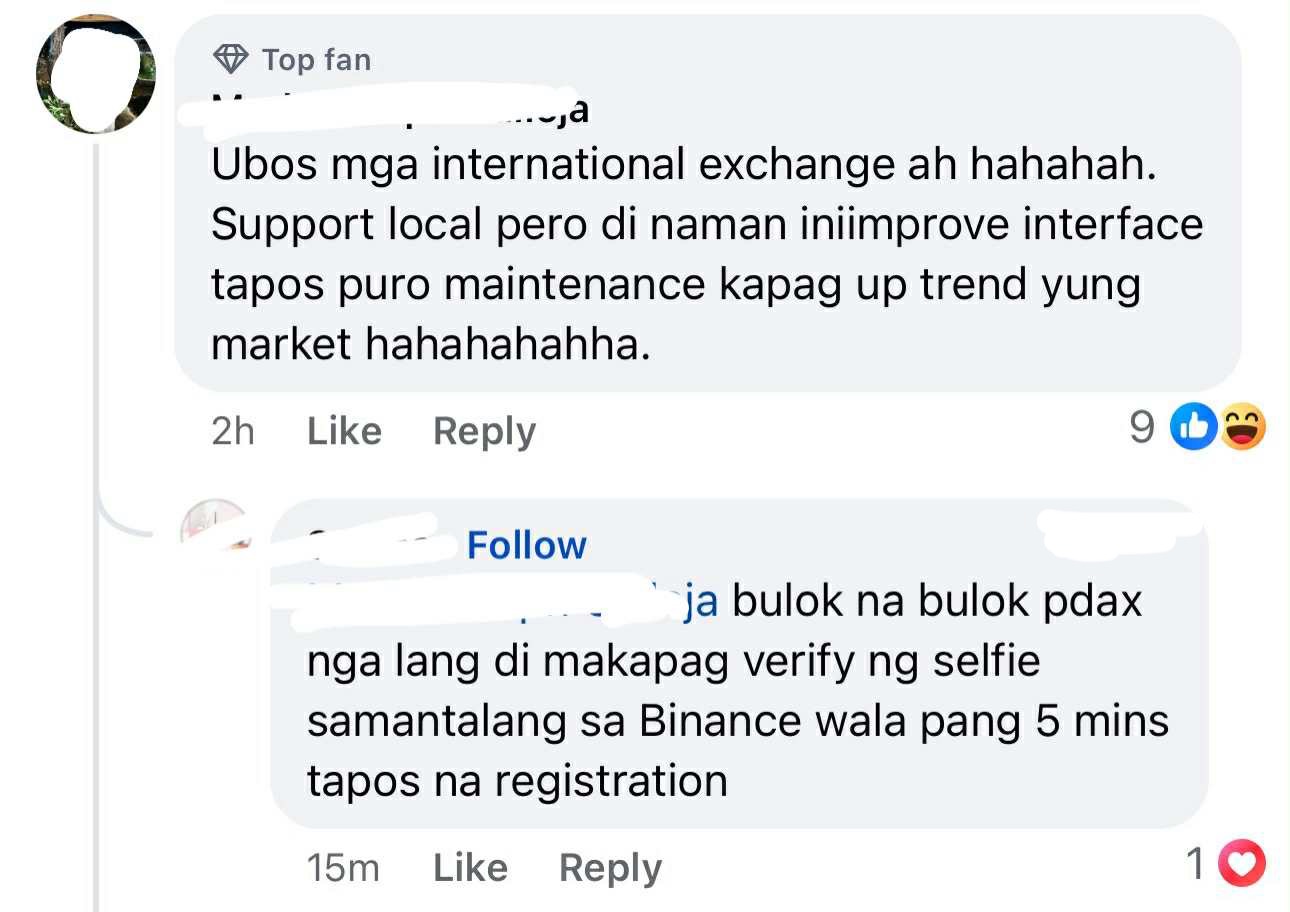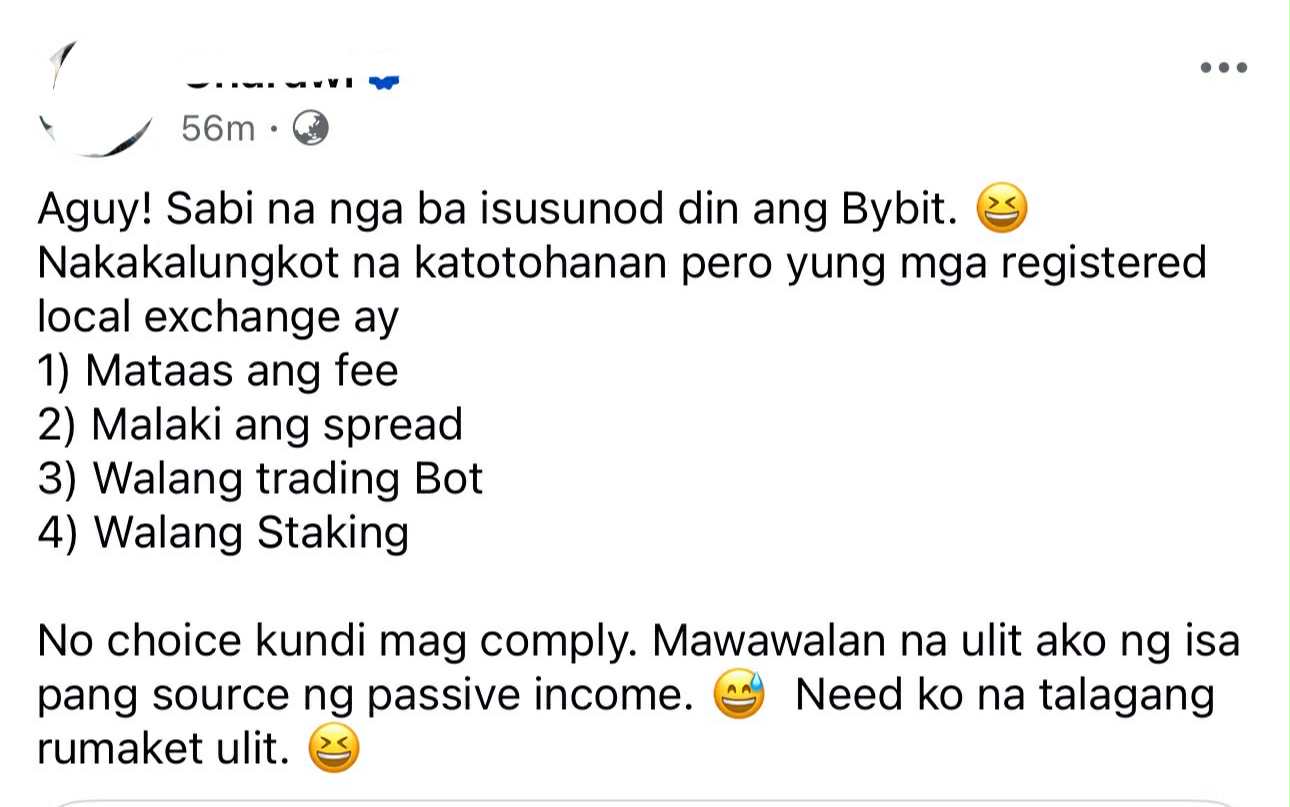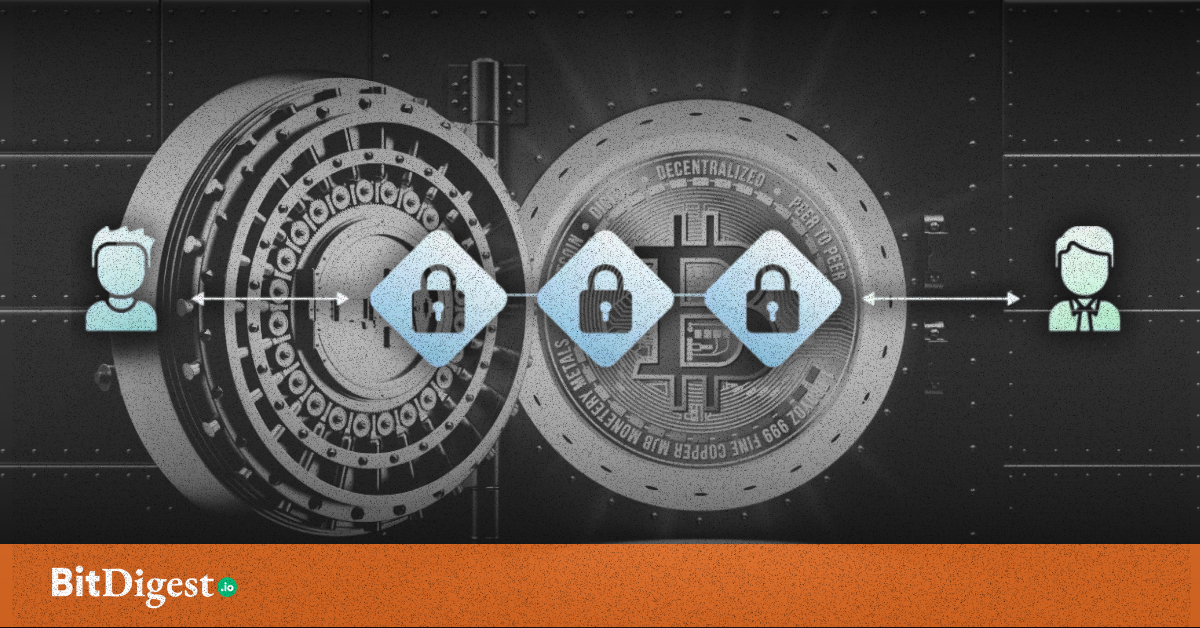SEC Crypto Investor Alert: A Decisive Move to Web3 Security or PH Classic Game of Monopoly?
August 5, 2025 – the Philippine Securities and Exchange Commission (SEC) released an investor advisory flagging ten cryptocurrency exchanges operating in the country without proper registration. Among them: OKX, Bybit, MEXC, Kraken, Bitget, and five others. The SEC warned users not to invest or trade through these platforms and stated that it may coordinate with the National Telecommunications Commission (NTC) to block website and app access.
The advisory further warned that individuals or entities promoting these platforms—whether through content, affiliate links, or even informal community forums—may face legal consequences under existing securities law. The move follows the same enforcement pathway that led to Binance being blocked in the Philippines in early 2024.
The Crowd Isn’t Buying It
Filipino users didn’t just read the advisory, they are trying to read between the lines. Across social platforms, users and creators voiced strong reactions: frustration about possibly losing access to platforms they trust; skepticism over the uneven enforcement; and doubt over the quality of alternatives.

Many pointed out that the local exchanges left behind often offer higher fees, wider spreads, no staking features, and limited automation tools.

More critically, users began asking questions the advisory didn’t address: Why are platforms with global reputations being blocked, while local exchanges accused of downtime during price pumps remain untouched? Why is promotion of world-class platforms now a liability, while public dissatisfaction with licensed apps goes unheard?

To some, this isn’t investor protection, it’s protectionism; not a matter of security, but a conflict of interest.

Legal Muscle, Questionable Logic
Legally, the SEC is standing on clear ground. Under the Securities Regulation Code, any entity offering investment products or brokering services to Philippine residents must be registered with the SEC. And in the Commission’s view, many centralized crypto exchanges (CEXs) offer products that qualify as securities such as staking, yield farming, even leveraged tokens.
By naming these platforms publicly, the SEC is also invoking its authority to pursue enforcement, not just through website blocks or cease-and-desist orders, but through criminal complaints and coordination with global platforms like Google and Apple to restrict promotional content.
In effect, the SEC has definitively drawn a line: if you’re not registered here, you don’t get to operate here, even if you’ve operated safely and at scale elsewhere.
Monopoly Moves Disguised as Market Discipline
However, to justify this level of restriction, the public expects solid ground. But so far, the advisory offers no specific violations, no case studies, no direct incidents tied to fraud, loss, or abuse stemming from the platforms named. The platforms themselves—many of which serve users in dozens of countries—continue to operate globally, often with better user satisfaction and stronger uptime than their Philippine-licensed counterparts.
Users have begun to rhetorically push back: If these platforms were truly unsafe, wouldn’t there be prevalent cases of users losing funds, or failing to withdraw, or falling prey to hacks? If investor protection is the goal, why do local exchanges with shaky reputations remain operational and uninvestigated? This is where it seems the analogy becomes hard to ignore, as the situation makes it look less like regulation and more like a monopoly game, being played with regulatory tools.
Removing international competitors from the board; limiting the choices available; and sanctioning those who promote anything outside the approved circle, all while tolerating questionable cases from platforms already in your system. This fuels evident distrust that PH Web3 community harbors towards regulatory policies. This also led to netizens questioning whose interest the SEC deems as priority.
Who’s Paying the Real Price?
It can be argued that international CASPs can simply comply with the ₱100 million market entry, and lawfully abide with Philippine tax provisions. However, for many Filipinos this could mean cutting off access to tools people rely on without offering better ones in return.
This introduced yet another bottleneck for Filipinos that think of crypto beyond just trading, but also a tool for income, savings, and financial participation that traditional systems never fully delivered. Whether through staking, grid bots, or simple cross-border access, these platforms enabled passive income streams that are now being placed at risk. It could push users into VPNs, lesser-known apps, or even riskier DeFi alternatives, where protections are weaker and scams are harder to trace. It could also send a discouraging message to crypto startups or foreign firms hoping to innovate locally. More than legality, the issue now is trust. Regulation should build confidence, not resentment.
.svg)


.svg) SHARE TO FACEBOOK
SHARE TO FACEBOOK SHARE TO TWITTER/X
SHARE TO TWITTER/X SHARE TO LINKEDIN
SHARE TO LINKEDIN SEND TO MAIL
SEND TO MAIL





.svg)


.svg)